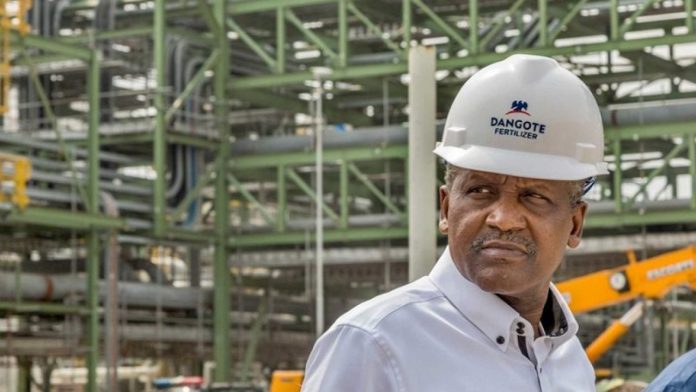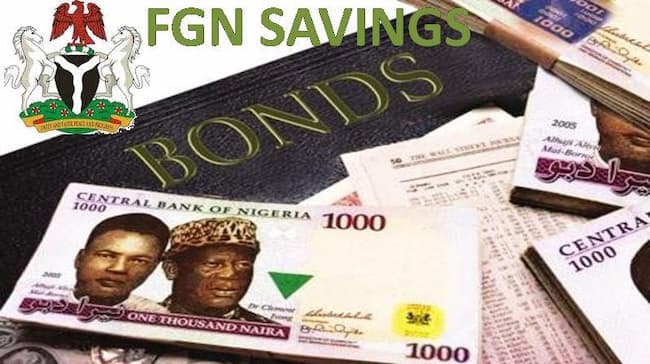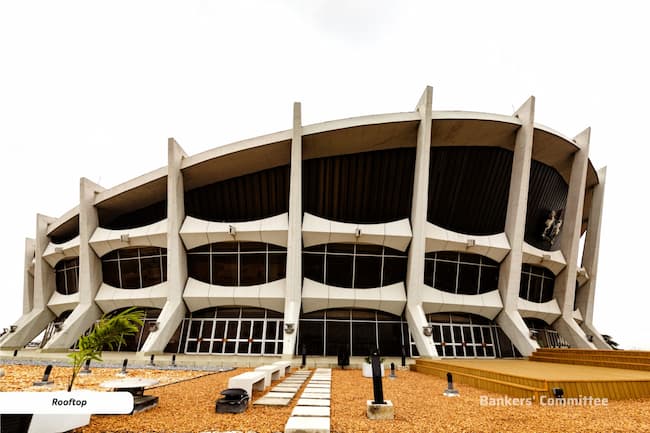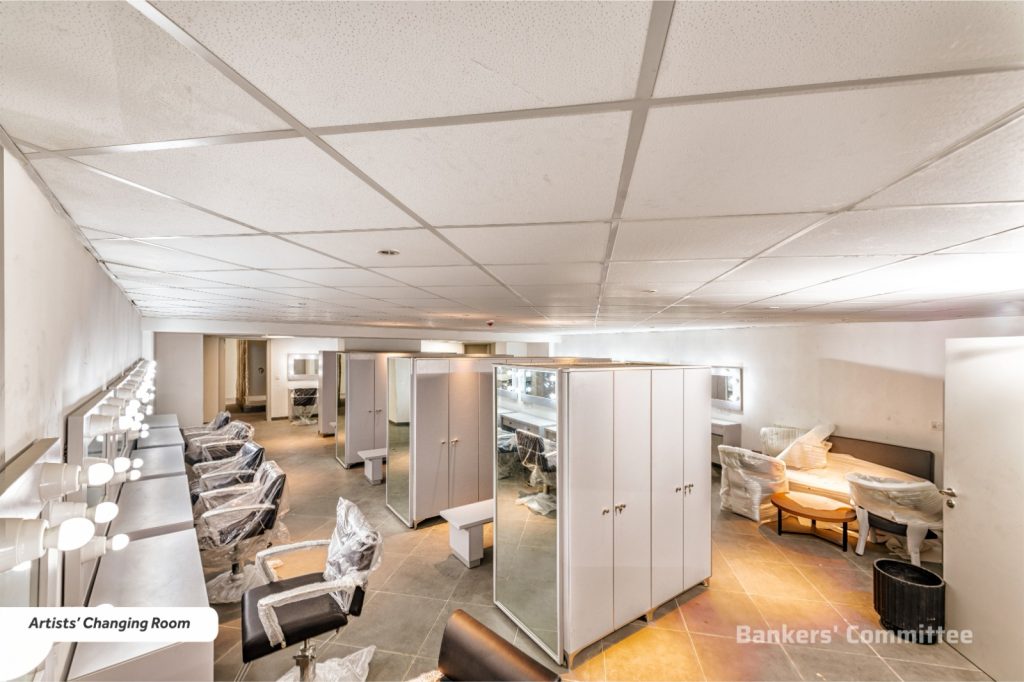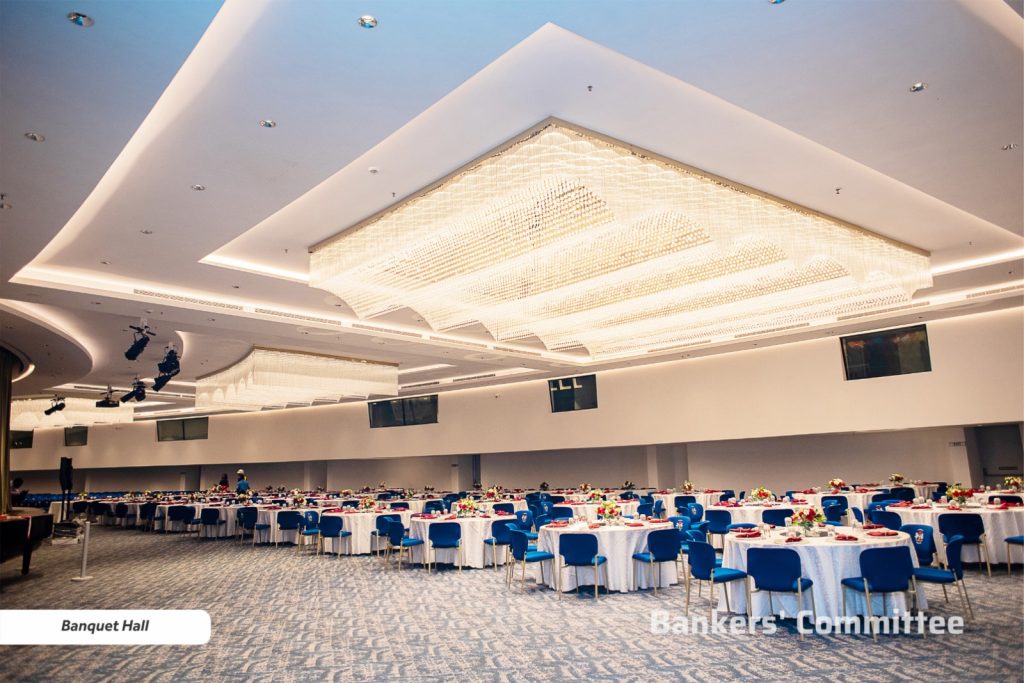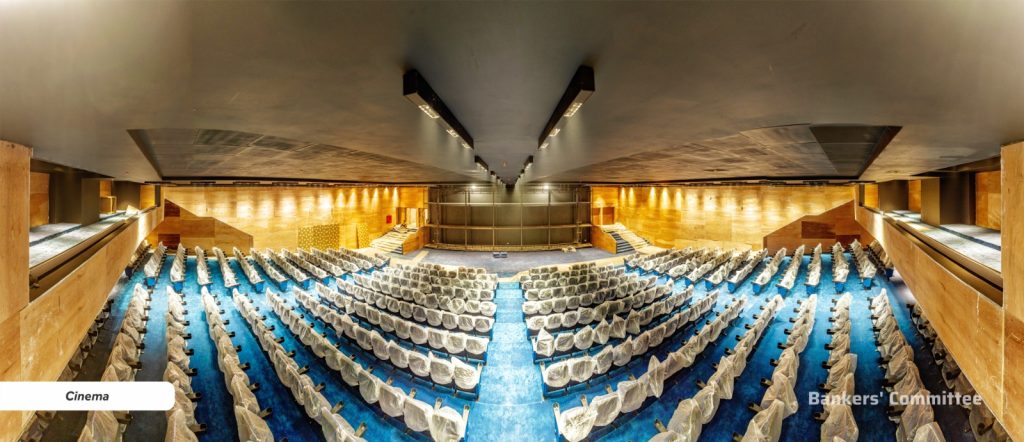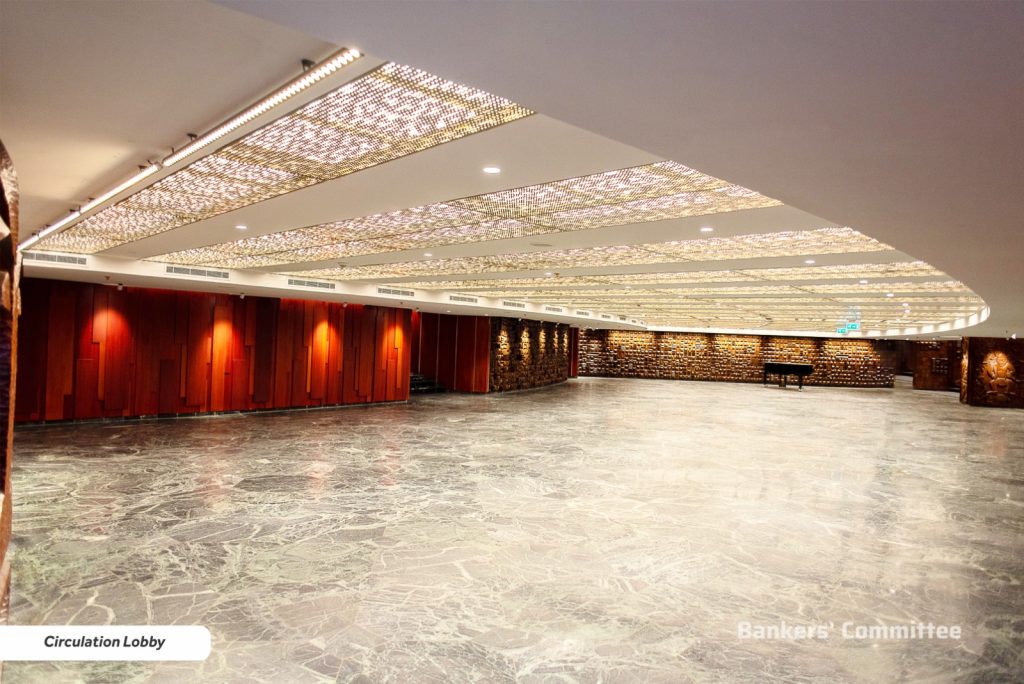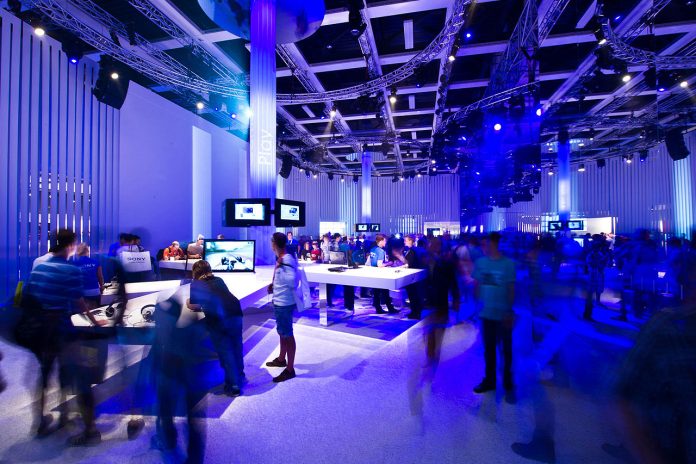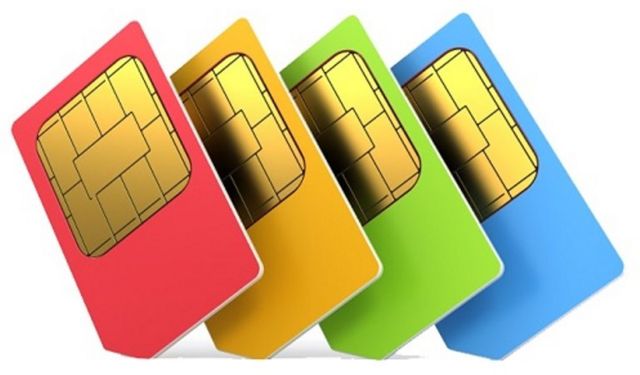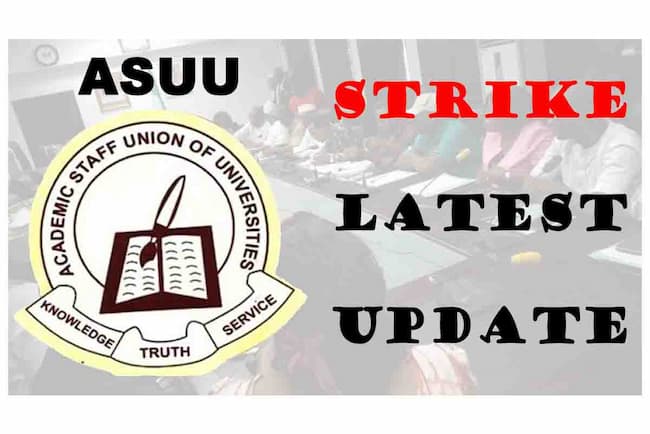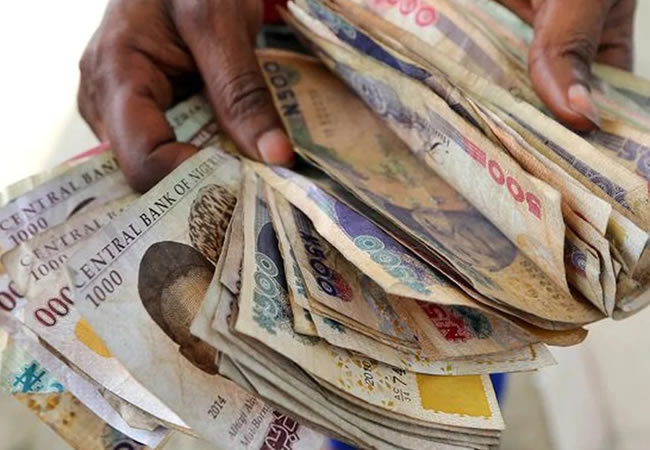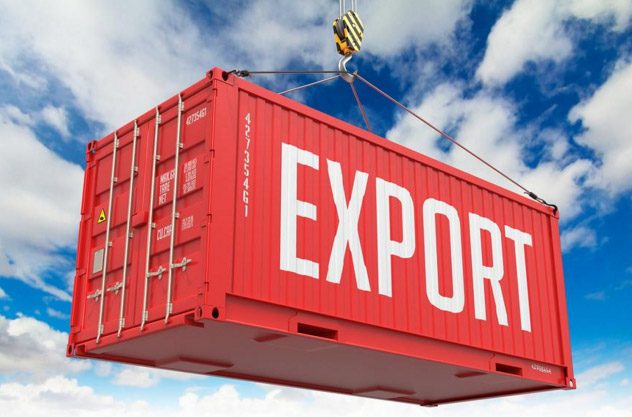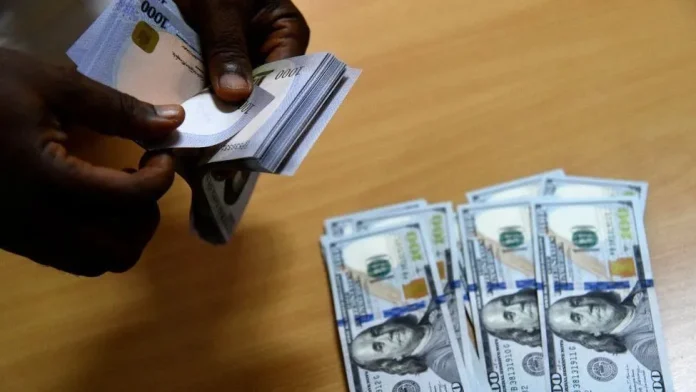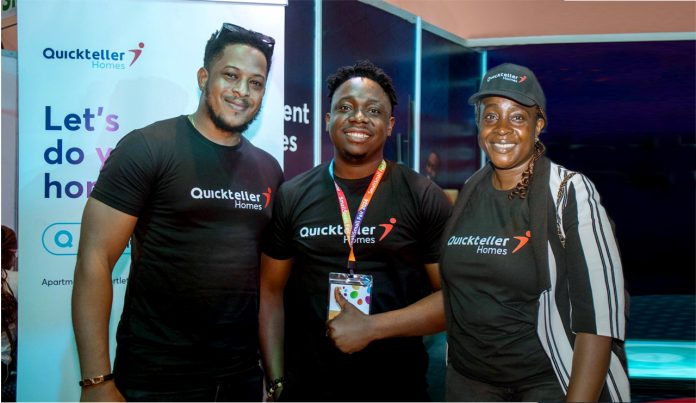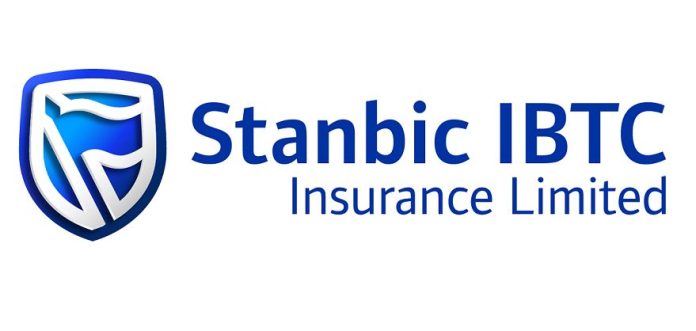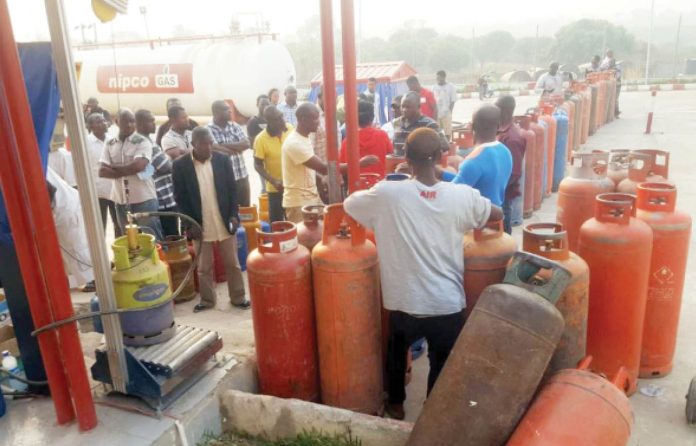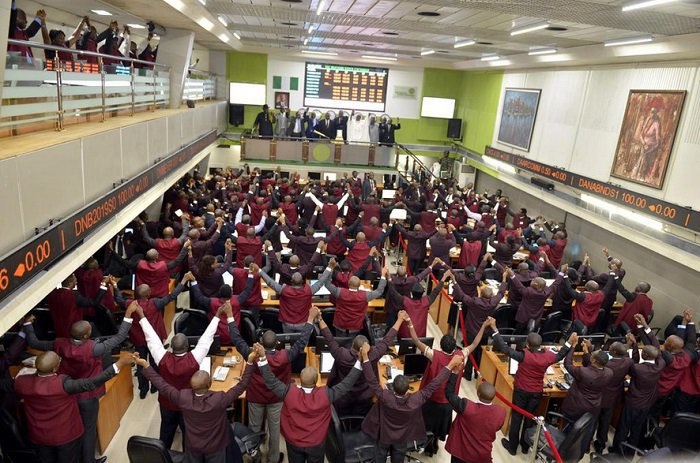Dangote Group’s industrialization drive in Nigeria has gained new steam as federal politicians support the company’s efforts. Members of the House of Representatives who visited Dangote Cement Plc in Obajana, Kogi State, praised the company’s economic influence on Nigeria’s cement subsector.
During the visit, Rep. Gaza Gbefwi, Chairman of the House Committee on Solid Minerals, emphasized the importance of collaboration among Nigeria’s political leaders and investors. He said that Dangote Cement has paved the way by significant investments, job creation, tax contributions, and other initiatives.
He stated that the visit by the joint subcommittee on Solid Minerals and Commerce was partly aimed at investigating the reasons behind the current cement prices and collaboratively seeking solutions.
Responding to the visiting lawmakers about the current prices, Mr Arvind Pathak, Group Managing Director of Dangote Cement Plc, stated that cement inputs are dollar-driven except limestone which is found in Nigeria.
Some of these inputs, according to him include: machineries, spare parts, the gas for fuel and Gypsum which is one of the raw materials. Pathak explained that the rise and instability in foreign exchange rates have been significant factors contributing to the current prices of cement products.
He said Dangote Group is Nigeria’s largest employer outside of government. He also explained that compared to 2021, the salaries of the company’s employees have been increased by 21.3 per cent in 2022 to 47.5 per cent in 2023 and 63.2 per cent in 2024.
The salary increase was meant to meet up the inflation in the country.
Reacting also, Plant Director, Dangote Cement Plc, Obajana, said that the transport segment of the Cement company has introduced CNG trucks to its fleet.
He also said that the company has invested in alternative fuel projects to demonstrate its initiatives to clean up Nigeria.
“The alternative fuel project uses biomass waste which is blocking the fertile land as a source of clean energy.
The ambition of the company is to make Nigeria visible for its contribution towards reduction in Global warming.” Nawabuddin said the social intervention schemes of the company run into billions of naira, adding that the company would not rest on its oars.
The Plant Director said that by incorporating advanced technologies and maintenance strategies, Dangote Cement has upheld operational efficiency while upholding its social commitments. He listed some of the community related intervention schemes embedded in the Community Development Agreement (CDA).
They include: provision of scholarship, construction of blocks of classrooms, construction of boreholes, building of hospitals and construction, and rehabilitation of road networks.
Nawabuddin explained that the company has delivered a multimillion Naira health facility at Iwaa, one of the mining communities, as well as launched several other empowerment schemes.
He also said that the Dangote Cement Plc is set to deliver a multimillion Naira Aliko Dangote Skills Development Centre in Lokoja, the Kogi State capital. According to him, the company is one of the biggest tax payers in the country, surpassing the banking sector in 2023. The lawmakers also visited the Dangote Plant at Okpella Edo State.
Plant Director, Dangote Cement Plc, Okpella, Edo State, Ismail Muhammad, said the company has invested hugely in state-of-the-art facilities in its bid to achieve operational efficiency.










